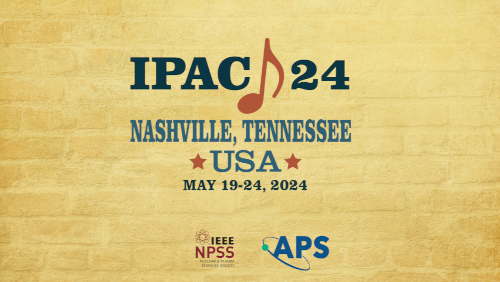Speaker
Description
FLUKA simulations of beamlines are important for understanding numerous different aspects of accelerators, including beam losses, particle backgrounds, activation and shielding. Creating a beamline simulation using FLUKA is a time consuming and potentially error prone process. This paper describes a set of python tools called pyflubl (Python FLUKA beamline) which can create a FLUKA simulation using input from MAD-X, MAD8, Transport or BDSIM. pyflubl is based on multiple stable and advanced python packages created to make BDSIM (Geant4) beamline simulations as simple as possible, these are pymadx (an interface to MAD-X output), pymad8 (an interface to MAD8 output), pybdsim (interface to BDSIM) and most importantly pyg4ometry (a geometry engine for Monte Carlo geometry creation). The magnetic fields required for FLUKA are implemented in C++ via BDSIM, thus keeping fields consistent between Geant4 and FLUKA beamline simulations. This paper describes pyflubl design and implementation and example results for a idealized electron beamline. Particular attention is given to geometry, fields and scoring.
| Region represented | Europe |
|---|---|
| Paper preparation format | LaTeX |

